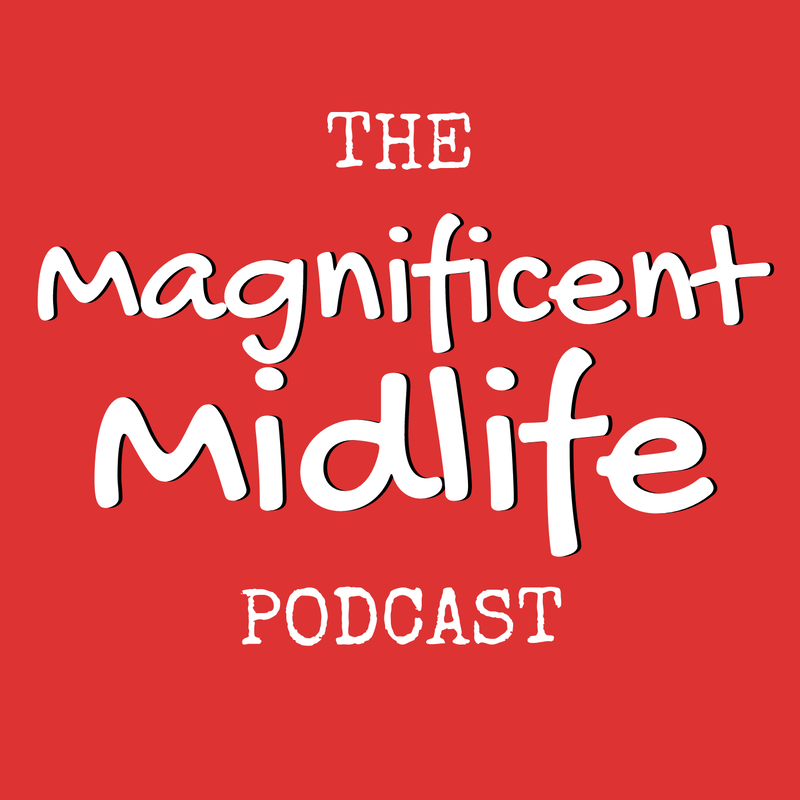|
Picture this, you head to the gym looking forward to your workout. You know how great you’re going to feel afterward. Working out has always helped you feel grounded, strong, energized, and ready to take on the day! But something different happens. You hop onto the treadmill or warm up, feeling pretty good. Next, you head over to the weights. Everything starts out just fine, but as the minutes go by, instead of getting into a groove, you’re feeling weak and tired. Bone tired… “Just let me get through these next few sets so I can get home and crash! As a matter of fact, I don’t really need to do those last 2 exercises. I’m done.” Any of this resonate? It happens to everyone. We have good days and we have bad days. It’s when this starts happening on a regular basis that it’s time to take a hard look at what else could be going besides just being tired. It’s important to note that as we get older it takes longer to recover from one workout to another. Our muscles take longer to repair and get stronger, which means we need more rest. As women over 50 it’s important that we get enough rest and recovery if we want to increase our strength and improve our body composition. Of course, there are other factors at play here too that you need to be aware of so you know what to look for. Questions to Ask Yourself
Any of these could make you feel completely wiped out during or after a workout. If you’ve got 2 or 3 of these happening, you’re really fighting an uphill battle. To discover what’s wrong you need to be a bit of a detective – track, analyze, adapt. And then rinse and repeat until you find the culprit. Take some time to track how you’re feeling before, during and after your workouts along with what you ate, how you slept, and if you were under any stress. But let’s go a little deeper; you want to make sure you’re getting to the root cause, so you don’t have to deal with this again, right? Nutritional deficiencies can really disrupt your workouts, leaving you exhausted and unable to make any gains. Let’s take a look. Common Vitamins and MineralsThese common vitamins and minerals are needed to perform at your best and some foods that are high in each.
It’s important to note that slow and steady wins the race. Don’t run off to buy each one of these supplements. You could be wasting your money if you’re not actually deficient in it, and you should always consult your doctor before taking anything. For example, did you know too much Magnesium can lead to an irregular heartbeat? Too much zinc can lead to nausea, dizziness, headaches, upset stomach, vomiting, and loss of appetite. If you take too much zinc for a long time, you could have problems such as lower immunity, low levels of HDL ("good") cholesterol, and low copper levels. And signs of too much vitamin D are nausea, vomiting, weakness, headache, frequent urination · painful muscles, and kidney damage. When it comes to your health, always consult your physician first before making any lifestyle changes. If you are struggling with extremely low energy while working out, start at the top of this list and work your way through it one item at a time. Keep a log of how you feel and you’ll be back in full force before you know it.
2 Comments
8/15/2023 04:17:56 am
Great article about why you may feel tired during workout. I can definitely relate to feeling tired if I don't get enough sleep. For me this is the nr. 1 reason for skipping workout.
Reply
Leave a Reply. |
authorLisa Swanson is an ACE Certified Health Coach, Personal Trainer and Orthopedic Exercise Specialist as well as a certified AASDN and PN level 1 nutritionist. With over 35 years experience helping people turn their lives around, she is on a mission to provide relevant and useful knowledge to help women in midlife reach their goals. featured onCheck out my interview with the Magnificent Midlife podcast on staying fit and healthy long-term.
Categories
All
|
What I DoAt Body & Soul Coaching I empower women over 50 to lose weight and feel confident without deprivation diets or spending hours in the gym.
|
Company |
|
|
© COPYRIGHT 2022. ALL RIGHTS RESERVED.
|
Website Design by My Personal Trainer Website
|



 RSS Feed
RSS Feed